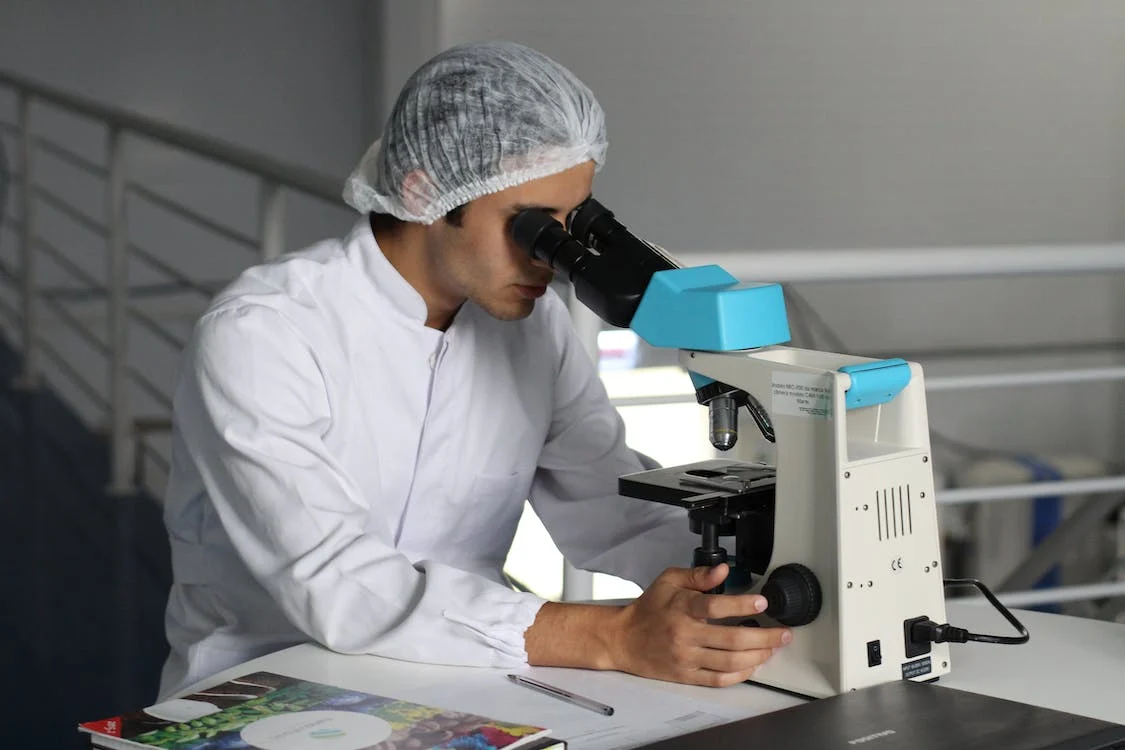Chemistry — the study of elements and compounds — is one of the three main areas of academic pursuit in the sciences. It is a part of our everyday lives — and students studying chemistry are able to tap into their creativity through a dynamic field of study that goes well beyond lab work.
After high school, students studying university chemistry will notice that while they’re first year is shared across a number of different disciplines, in later years students will typically work in one specialization.
But chemistry is a demanding discipline and requires top marks in a number of key courses. Students applying require six Grade 12 U and/or M courses including English, Advanced Functions, Calculus and Vectors, and at least two of Chemistry, Physics, Earth and Space Science, Biology, or Mathematics of Data Management.
Minimum grades of 70% are required to get in to any university, but to apply to an elite school, students will need admission averages in the 80s.
Students looking to pursue the sciences, specifically chemistry, can work towards earning high marks and building their skills through a number of distinct pathways.
eLearning through a Virtual High School
Technology-based living has made studying courses like chemistry easier in a virtual setting than in previous years. As more students switch to eLearning, they begin to unlock options custom tailored to their needs.
Many students prefer to study at their own pace, and with high school chemistry classes online, they have the option of spreading out their coursework throughout a full calendar year.
Studying remotely also enforces self-starting and self-reliance, two important skills needed in the sciences. While traditional chemistry labs are conducted with students paired up, working virtually forces students to prepare individually — ensuring they have all the necessary materials and are taking adequate notes, unable to rely on their partner to shoulder any of the workloads.
Co-op & Internship Placements
Studying doesn’t start and stop at the credit level. Many students should be looking to broaden their academic horizons with a co-operative education program or internship placement. Many universities allow students to pursue these options as replacement credits, or as extra credit, and some even allow university students to do summer co-ops before their first year.
Applying theoretical knowledge outside of campus walls is designed to expand students’ understanding of chemistry and its capabilities, and provides students with the opportunity to build their resume, gain hands-on experience, and network with professionals in their chosen field. For chemistry majors this is a particularly beneficial route — this discipline requires students to conduct experiments in real-time and explore niche work environments within the field.
Pursuing a degree with the level of flexibility and possibilities that chemistry offers not only benefits students but also helps them apply their knowledge in unique and broad industries.
For chemistry enthusiasts, this is a crucial component to achieve a well-rounded understanding of their discipline. Understanding the reasoning behind the sciences and how matter interacts provides them with the tools to apply that knowledge to additional hands-on areas of life.
